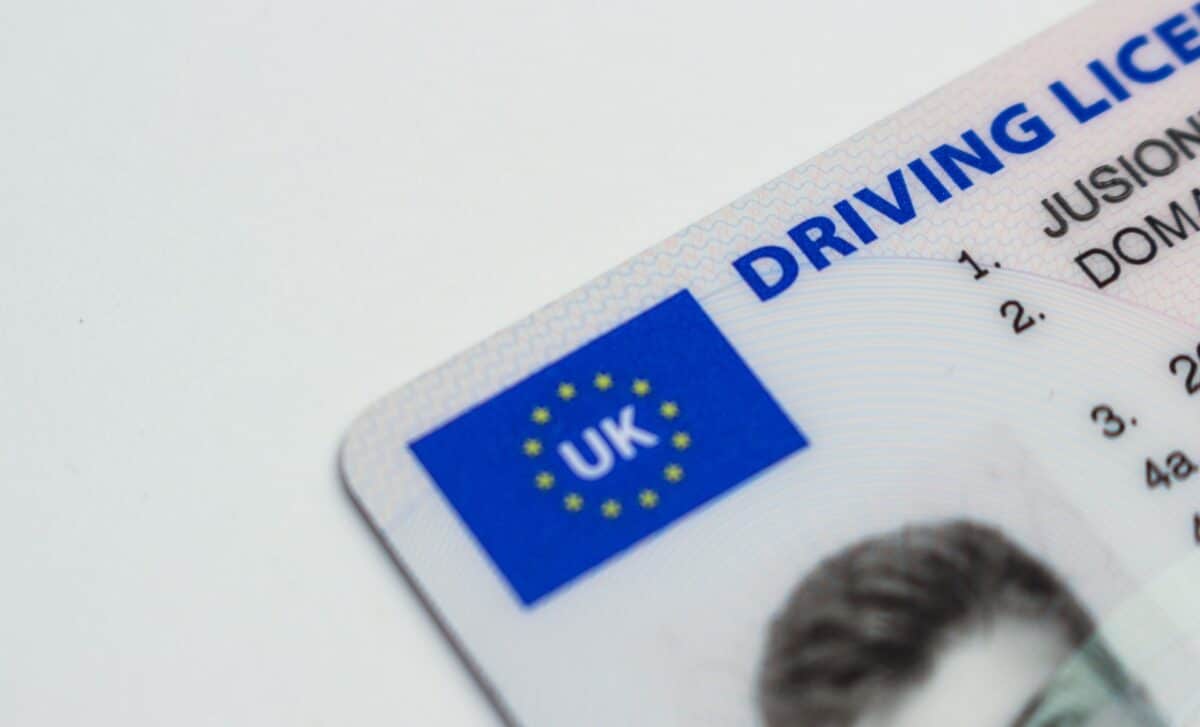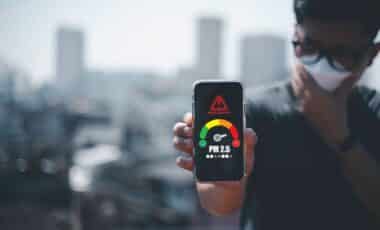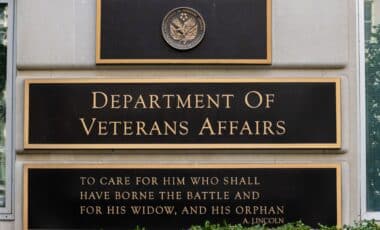UK drivers have been warned that their licences could be at risk after the DVLA revoked 646,000 licences just two months ago.
DVLA’s Medical Driving Licence Revocations
In June, the DVLA announced that, over the past decade, 646,972 driving licences had been revoked for medical reasons, as reported by the Birmingham Live.
Last year, the DVLA made nearly 900,000 medical licensing decisions to assess driver fitness for UK roads. The DVLA’s website also states: “You must reapply for a new licence if you want to drive again after surrendering your licence.
“When you reapply for a new licence, DVLA will carry out medical checks to decide if it’s safe for you to continue driving. You may be able to continue driving while they do this.”The DVLA implements strict regulations to ensure that all drivers are fit to drive safely.
Reporting Medical Conditions to the DVLA: What You Need to Know
Experts at BigWantsYourCar.com warned: “If you experience sudden, disabling, or recurrent dizziness or vertigo, it’s vital to inform the DVLA. Failing to do so can lead to serious repercussions, including a fine of up to £1,000, and in some cases, prosecution if your condition results in an accident.
“Drivers with car or motorcycle licences should fill out form DIZ1 and send it to the DVLA. The address for submission is provided on the form.” The NHS stated: “Dizziness includes feeling off-balance and giddy and lightheaded or faint and like you’re spinning or things around you are spinning (vertigo).”
The expert explained: “Dizziness or vertigo can suddenly impair your driving abilities, endangering yourself and others on the road. The rules are clear: if you have a medical condition that could affect your driving, you must report it.”
Dizziness, in most cases, goes away on its own. but the NHS suggests there are steps you can take to care for yourself while you’re experiencing it.









